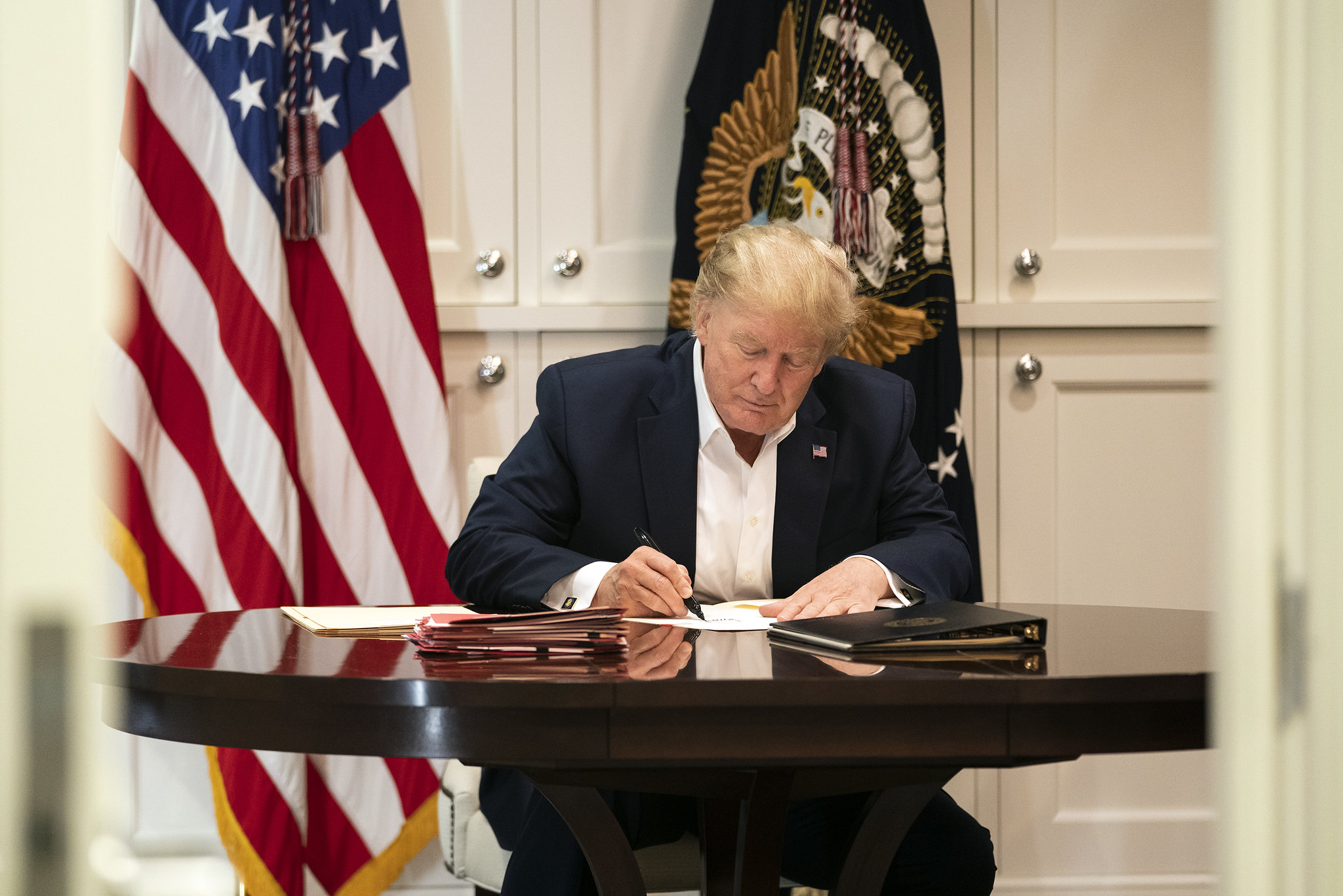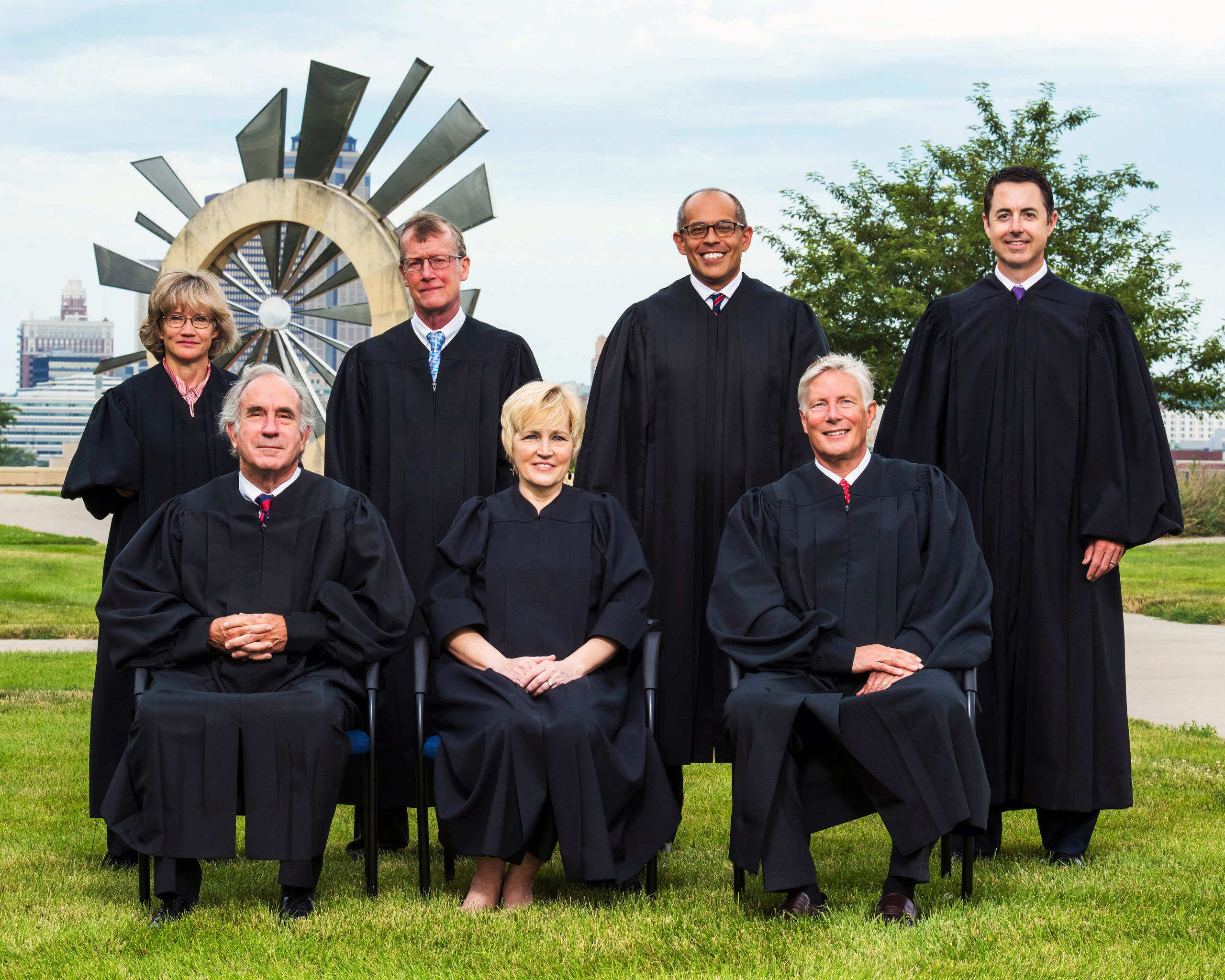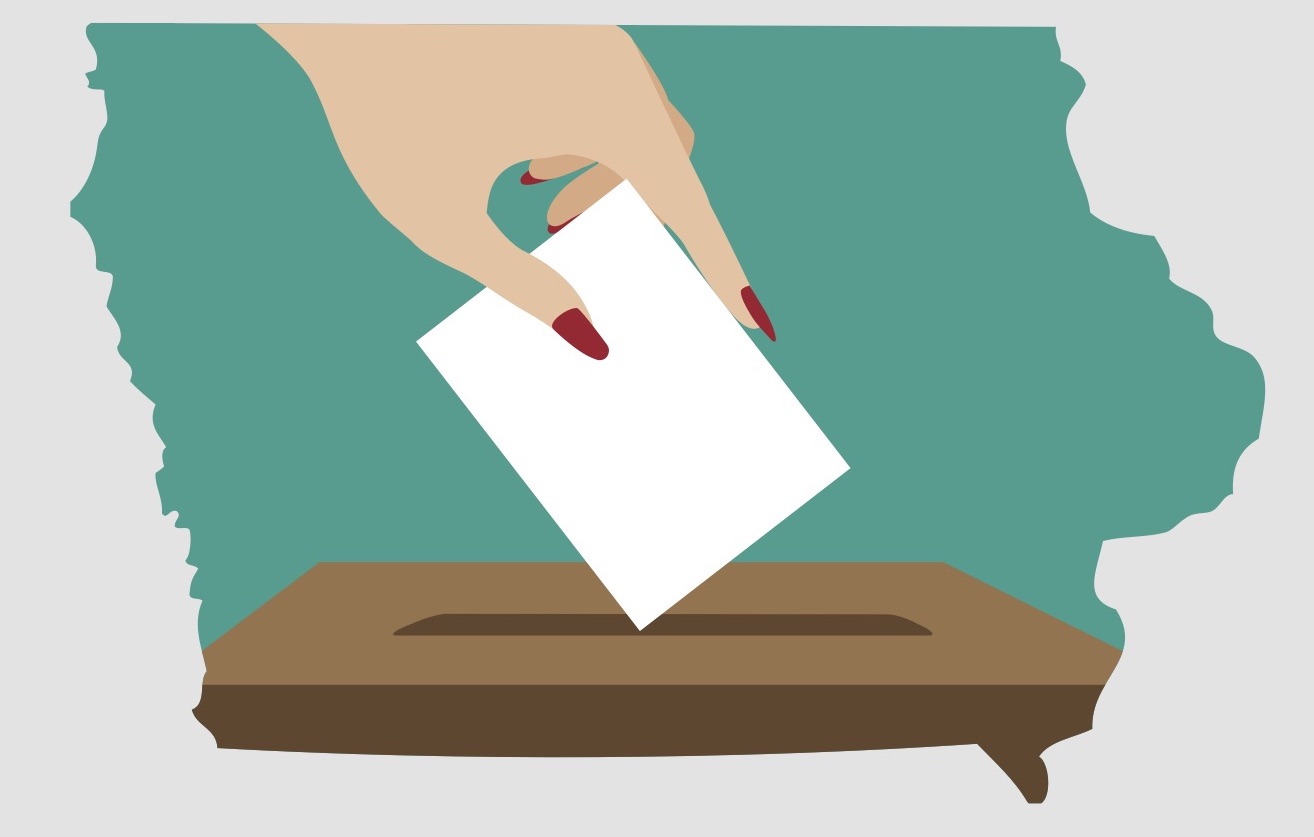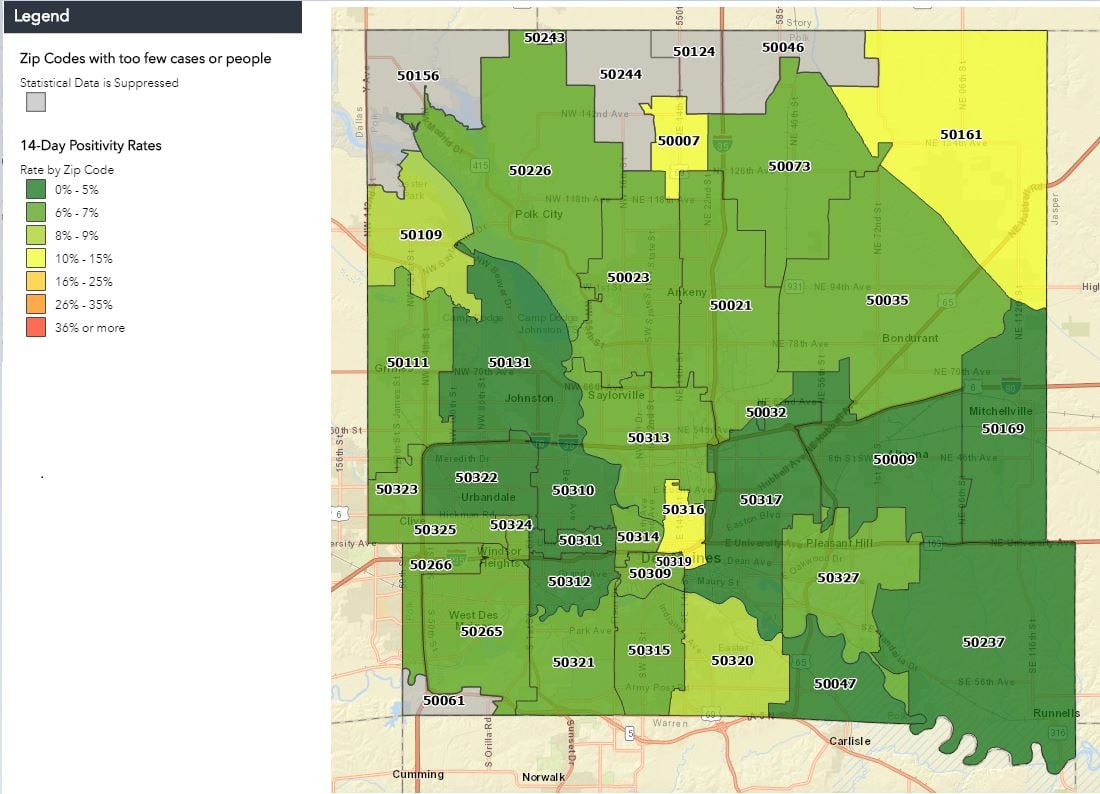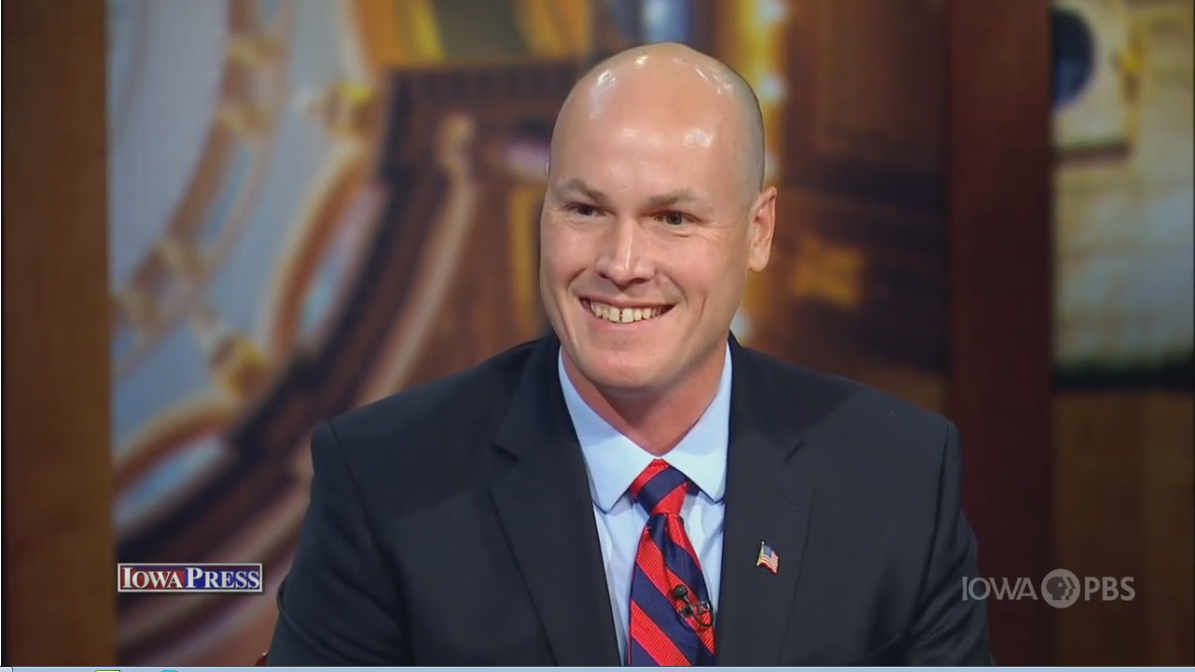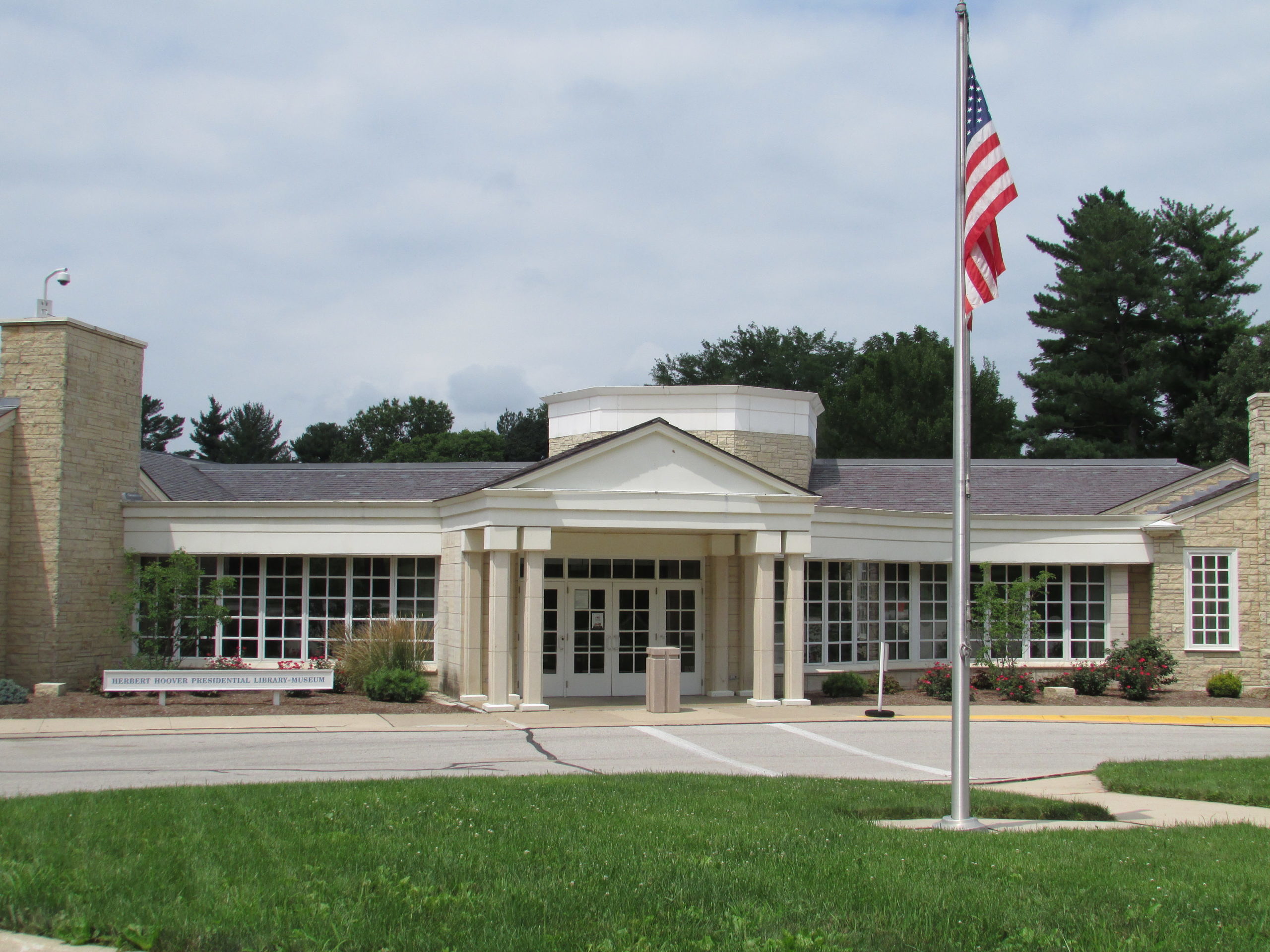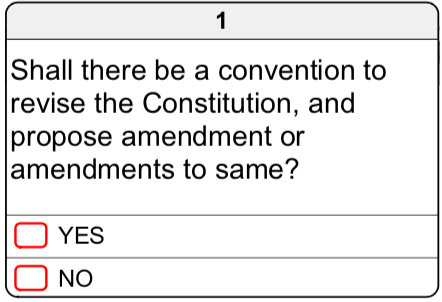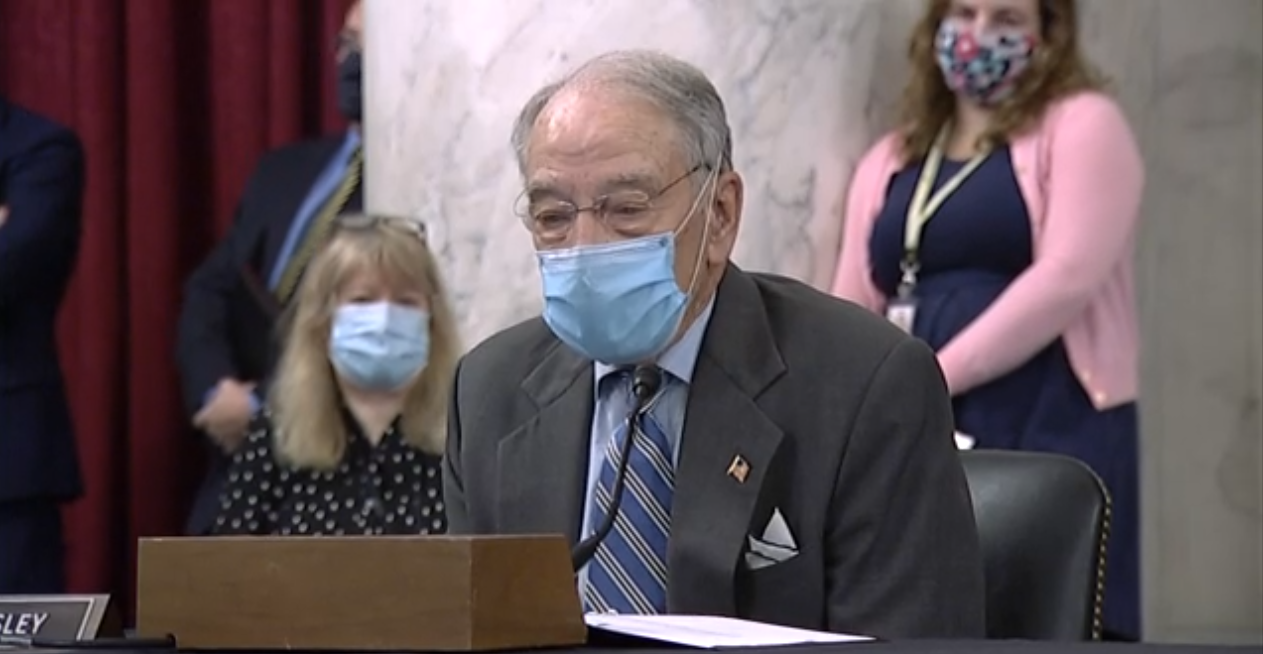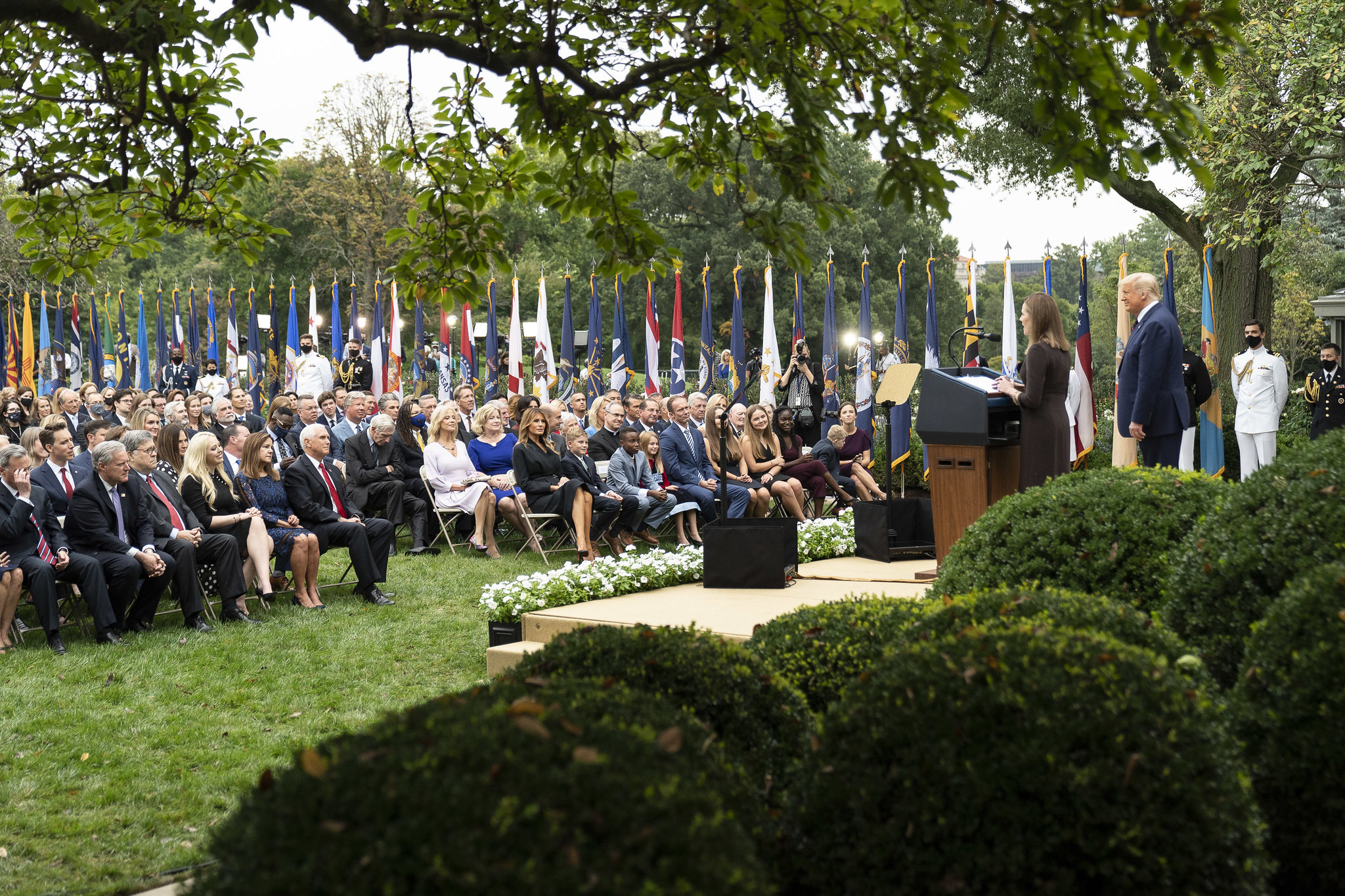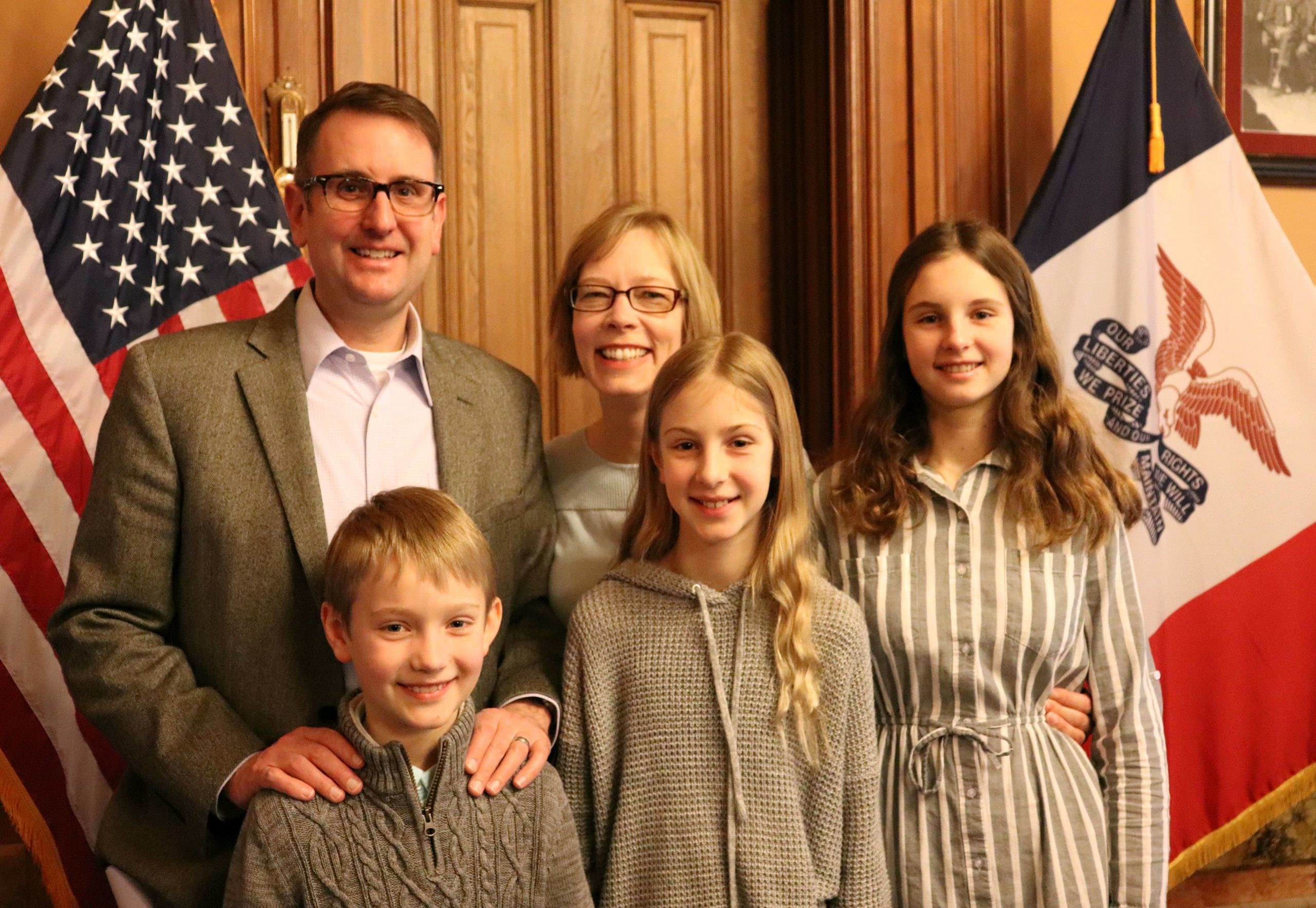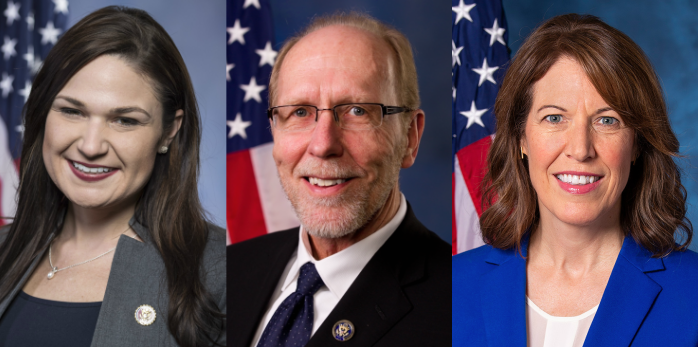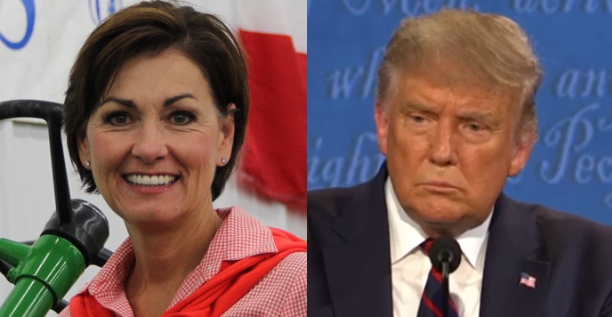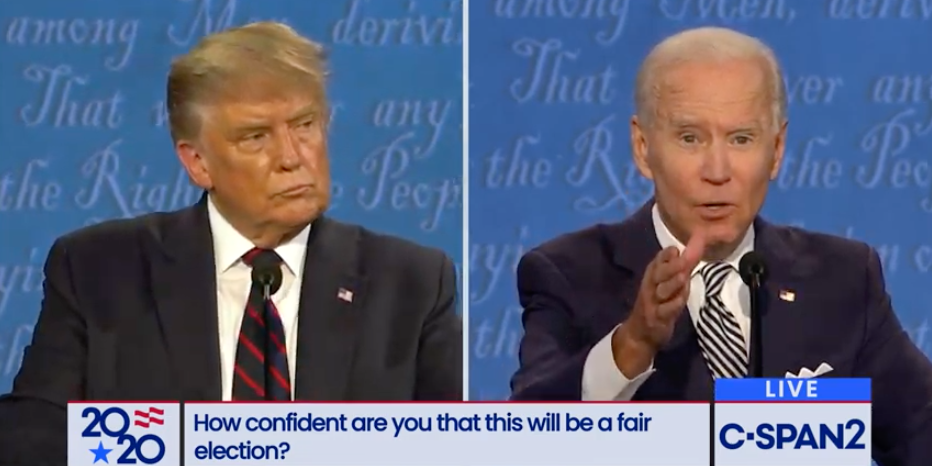Dan Piller: The real problem for Trump in Iowa is that the big farm choir he thinks he is addressing has been reduced to something more like an ensemble. -promoted by Laura Belin
President Trump’s rally at the Des Moines International Airport on October 14 will no doubt be billed by the media, and probably Trump himself, as his bid to solidify the farmer support that was so crucial in his 2016 Iowa victory over Hillary Clinton.
Trump has put his (or more properly, the taxpayers’) money where his mouth is, bestowing more than $2 billion in direct aid to Iowa farmers this year alone, along with more than $1 billion the previous two years to soften the damage caused by Trump’s trade wars with China, Mexico, and Europe. Media reports in advance of his visit put the total package nationally to farmers this year at an eye-catching $46 billion, a number that won’t charm economically hard-pressed taxpayers in America’s cities.
The real political problem for Trump in Iowa is that the big farm choir he thinks he is addressing has been reduced to something more like an ensemble.



